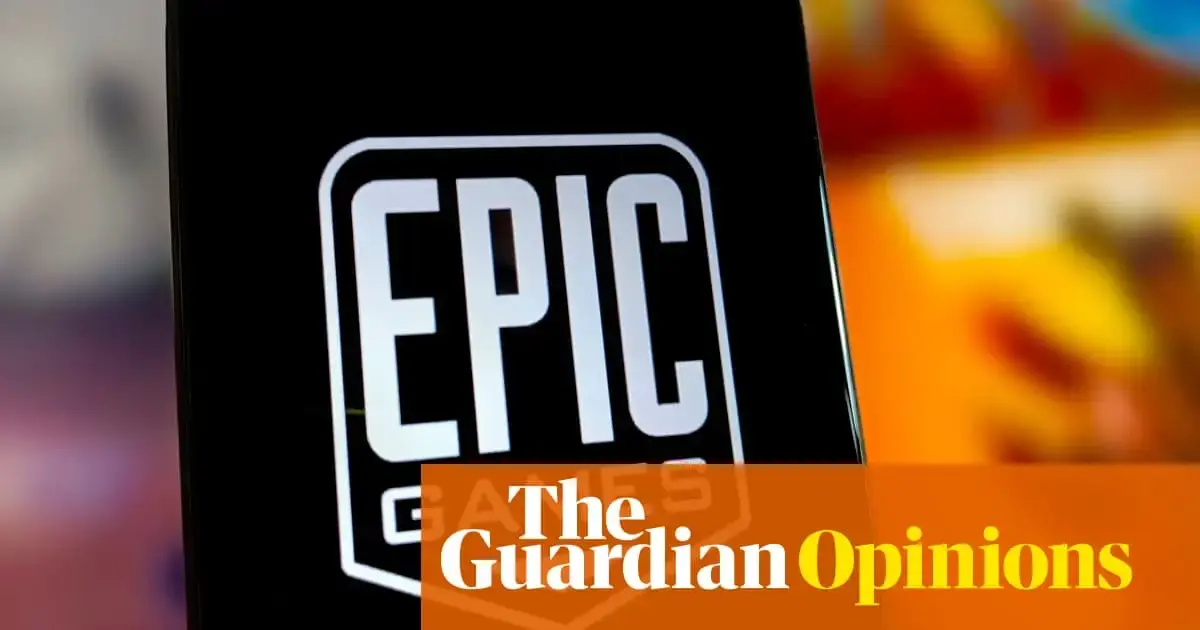- cross-posted to:
- spacemusic@lemmy.ca
- cross-posted to:
- spacemusic@lemmy.ca

This has been regurgitated over and over again in recent days. But what none of the articles talk about, is that for many, and I’d guess actually the majority of people, the editorial part never mattered. I’ve been using and praising Bandcamp for over a decade (first album bought in February 2010), and last week was the first time I ever opened their blog. It’s not bad, but also very clearly not something I’ll miss.
Now, yes, that sucks for people who always read that blog (though I’ve also never once seen a post of them shared anywhere I am). And yeah, Songtradr might turn out to be bad (I used the collection downloader to redownload everything as FLAC after the announcement, just in case), but for me and others like me, it might simply change nothing. And while the stop of BC Friday would suck, one also has to remember that it was a relatively new thing that the old Bandcamp never did for most of its life.
What maters for me: That they keep paying bands and labels their share, keep free streams of un-bought items, and keep a wide array of download formats. If those things stay, then BC did not lose its soul, but stayed true to its core.

The enshittification continues.

Looking beyond Bandcamp, I am not so sure that commodification of music is so great anyhow.
Most musicians only get the opportunity to be professional through aggressive marketing as it is, especially the ones who go on to play stadiums.
People become gardeners without making a living from it. If they don’t have land they join a community garden.

Do you mean musicians being able to survive on making music generally?

Yes, solely on music. In Australia it is rare.
You have the government subsidised orchestras, and there might be a handful of session musicians. But that is playing other people’s music.
As for original music, orchestral composers probably have to battle it out amongst each other for government grants like artists do. Pop/rock would probably need more than one hit song per year.
Even in Europe or USA I suspect it would be almost impossible to live off recorded music alone. At least there is the population density for a few musicians to make a living off touring feasible but I haven’t heard any of them in interviews speak well of that option.
🤖 I’m a bot that provides automatic summaries for articles:
Click here to see the summary
For “ethical”, we can increasingly substitute “cultural”: artists’ real incomes have been declining for decades, valued by the market at a fraction of the worth it places on swashbuckling CEOs or venture capitalists.
In the worst cases, it celebrates its ignorance as a virtue, and more generally, it sees “content” as just another line item: look at CEO David Zaslav canceling a bunch of already-completed TV shows and films in the wake of the Warner Bros/Discovery merger, purely so their costs could be written off.
Look at the shell of what was once called Gawker and is now G/O Media, where the current owners have pretty much been at war with staff since day one and where, at last count, seven of the company’s 10 editors-in-chief have resigned in 2023.
It’s hard not to join the dots between the unionization and the layoffs – an impression heightened by the vehemently anti-union heel turn performed by editorial director J Edward Keyes, who remains at Bandcamp.
The language of capitalism might have softened from the sort of slash-and-burn machismo that characterized the 80s and 90s, when CEOs like Al “Chainsaw” Dunlap and Jack Welch were celebrated for hacking away every last bit of “fat” until only bone was left, at which point they’d collect massive bonuses and move on to inflicting misery on another company.
Years ago, the Quietus ran an excellent essay arguing that the increasing impossibility of making a living from art would ensure a future wherein being any sort of artist would be the preserve of the independently wealthy dilettante.
Saved 72% of original text.

oh no…


